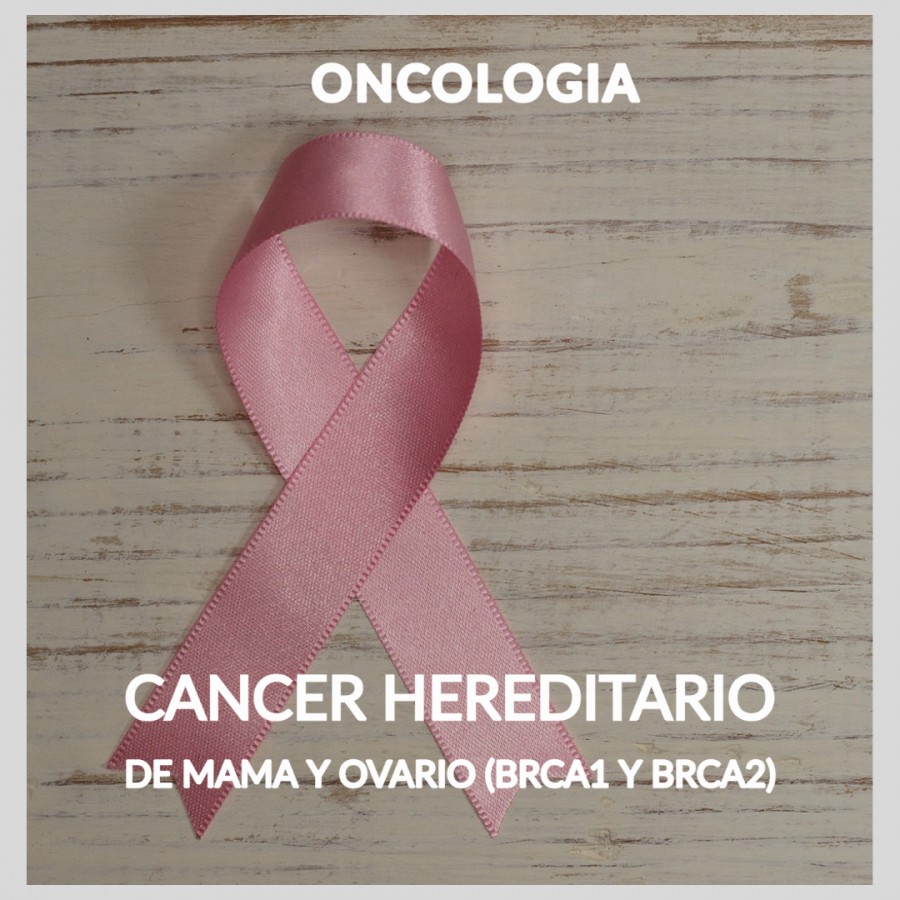

It is estimated that 1 in 8 women will have breast cancer at some point in their life. Alterations in the BRCA1 and BRCA2 genes increase the risk of developing breast and ovarian cancer, as well as pancreatic cancer, melanoma and prostate cancer.
Some 70% of breast cancers are sporadic (they do not have an underlying hereditary cause). Between 20 and 25% of cases show familial aggregation (presence of more cases than expected in a family, but without finding a clear cause). Only between 5 and 10% of cases show a clearly hereditary cause (a mutation).
Women who are carriers of pathogenic mutations in BRCA1 or BRCA2 have a higher risk (up to 80% higher) than women who are not carriers, although the disease does not always occur.

It is estimated that 1 in 8 women will have breast cancer at some point in their life. Alterations in the BRCA1 and BRCA2 genes increase the risk of developing breast and ovarian cancer, as well as pancreatic cancer, melanoma and prostate cancer.
Some 70% of breast cancers are sporadic (they do not have an underlying hereditary cause). Between 20 and 25% of cases show familial aggregation (presence of more cases than expected in a family, but without finding a clear cause). Only between 5 and 10% of cases show a clearly hereditary cause (a mutation).
Women who are carriers of pathogenic mutations in BRCA1 or BRCA2 have a higher risk (up to 80% higher) than women who are not carriers, although the disease does not always occur.
WHAT’S IT FOR?
To detect possible mutations in the BRCA1 and BRCA2 genes
WHAT DOES IT CONSIST OF?
Blood analysis of the woman
WHO’S IT FOR?
TECHNICAL SPECIFICATIONS
Type of sample: 10 ml Complete blood EDTA Tripotassium (2-8 ºC - Refrigerate) (Do not submit heparinised, haemolysed or lipemic samples as they inhibit PCR polymerase)
Requirements: Prescription from a medical specialist in Gynaecology and Obstetrics or an Oncologist. It is necessary to attach Informed consent
Delivery of results: 45 days
Test only available at the Centro Analiza Principe de Vergara 40, 28001 Madrid